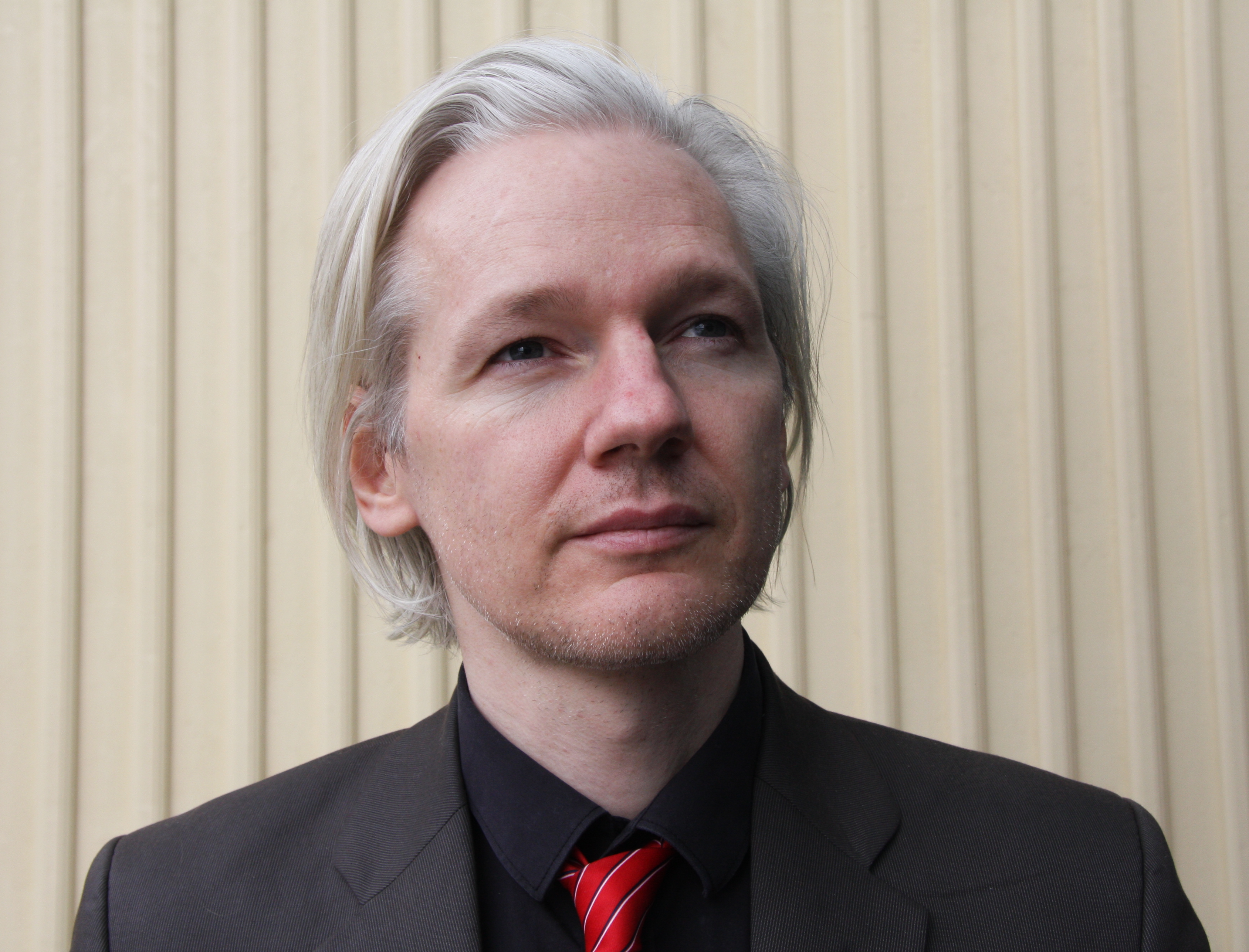Democratic Primaries '08 and 2016 in One Graph
Since the New York Times disappeared the 2008 results from their 2016 primary calendar, it has become harder to compare the current nominees' performance to that of 2008, which is particularly interesting on the Democratic side. Fortunately, this data is freely available on wikipedia.
Numbers from the "Election Result" column from the wikipedia page were used for '08.
Graphing the '08 and '16 pledged delagate count into the same plot (we've seen in 2008 that superdelegates follow pledged delegates, in spite of what the Clinton campaign says) leads to a few conclusions:
- Sanders performs near Obama levels at this stage in the primaries.
- Clinton is well ahead of her '08 performance, largely fueled by delegates that in '08 went to Edwards.
- Michigan and Florida didn't count in '08 due to their early voting that was disallowed by the DNC, this gives both candidates a bump in 2016 versus '08 results. Without Michigan, Sanders would be near Clinton '08 levels.
- Both Obama and Clinton tracked very closely up to this stage in the primaries in 2008, with most pledged delegates still up for grabs. In 2016, this means both candidates can still hope to win the nomination.










